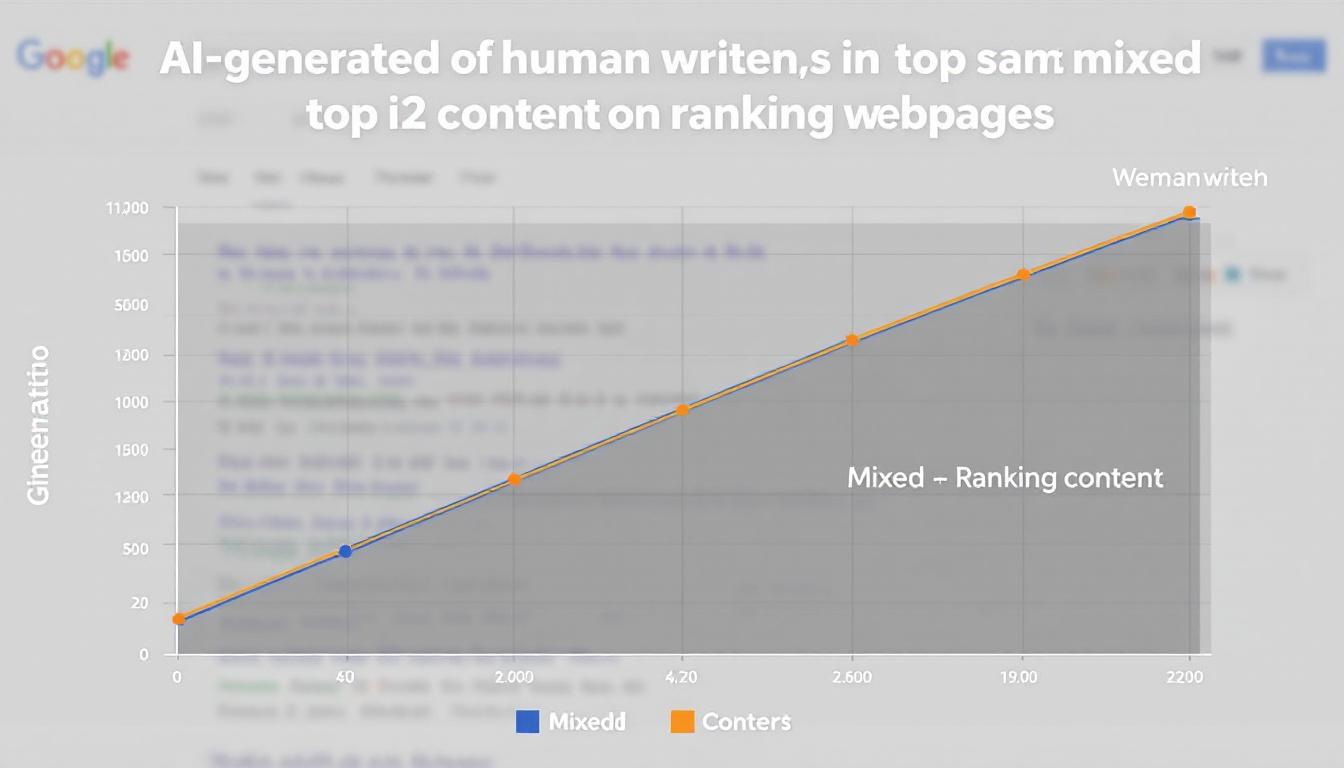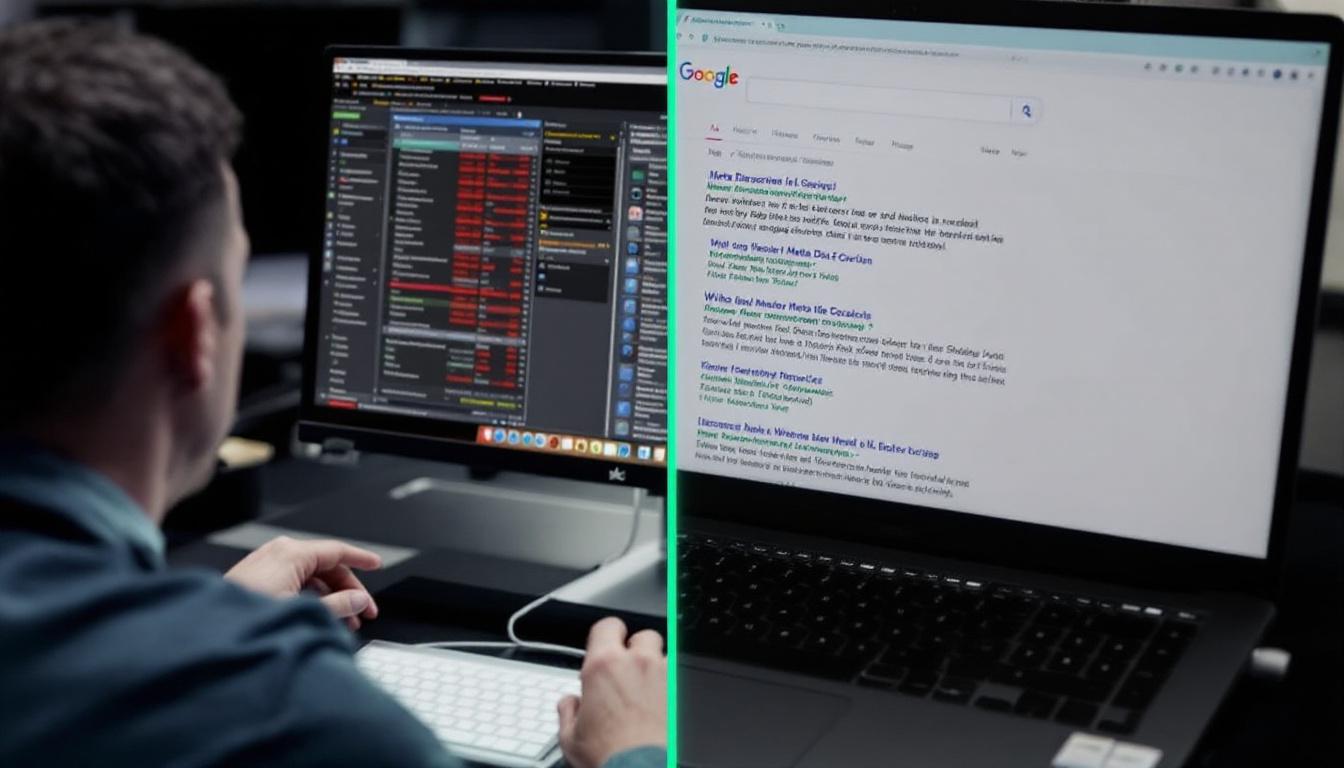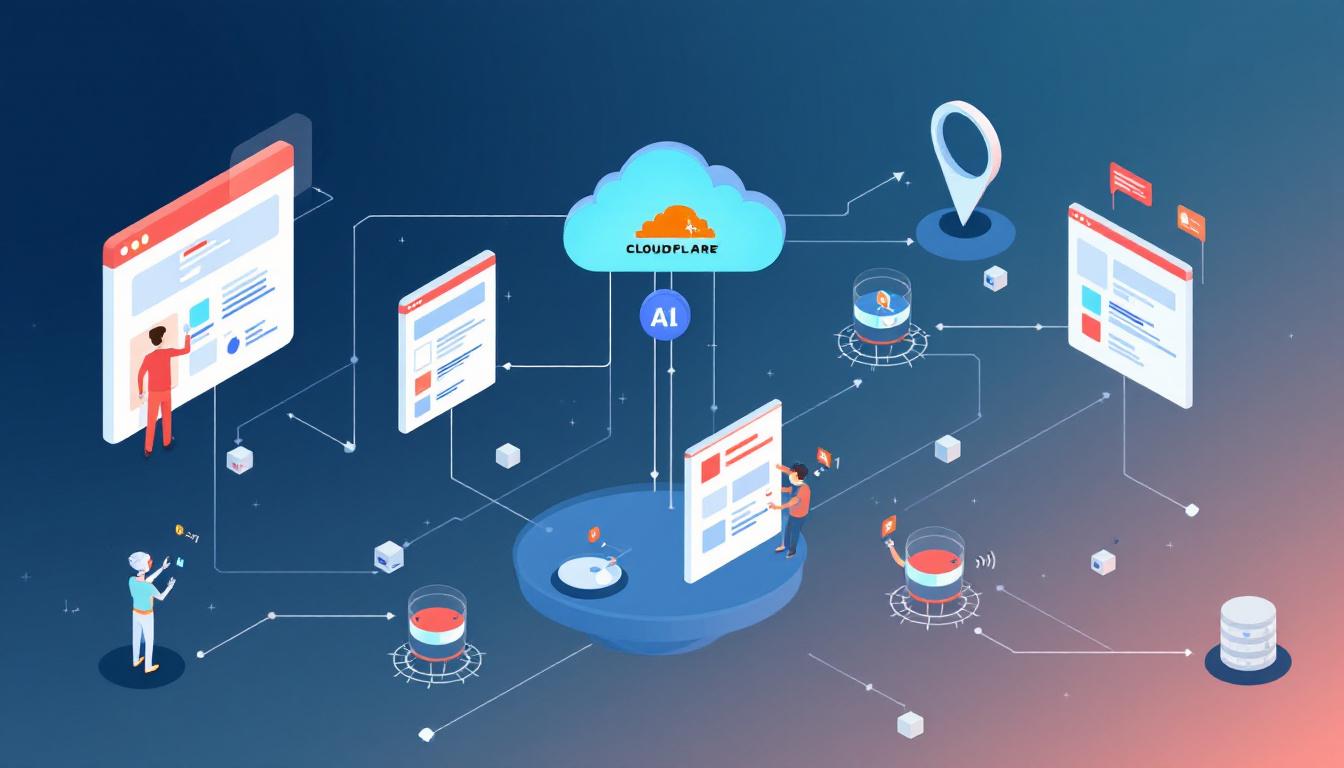A recent analysis examining 768,000 citations from AI-powered search engines has uncovered that product-centric content constitutes a significant portion of AI search references, ranging from 46% to 70%.
Namecheap
Find your perfect brand domain and claim it now to boost your SEO. Start from as low as $5 per year.
This trend provides valuable insights for marketers aiming to optimize their content strategies in the evolving landscape of AI-driven search.
Dominance of Product Content in AI Searches
The study reveals a clear preference for content that is directly related to products.
Information detailing product specifications, comparisons, curated lists, and vendor information consistently achieved the highest rates of citation across various AI platforms.
Preferred Content Types
AI engines tend to favor certain types of content when addressing factual or technical queries, leaning towards sources that provide reliable and comprehensive information.
According to the study, official product pages offering detailed specifications, frequently asked questions, and how-to guides are frequently cited.
Conversely, other forms of content struggle to gain similar traction, with news articles and research papers accounting for only 5-16% of citations, affiliate content typically remaining below 10%, and user-generated reviews and blog posts receiving minimal attention.
Press releases and public relations materials were rarely cited, making up less than 2% of references.
This underscores the importance of authoritative and product-focused content in the context of AI-driven search results.
Variation in Citations Across the Purchase Journey
The type of content cited by AI platforms shifts depending on the consumer’s stage in the buying process, reflecting different informational needs at each phase.
Early Stage: Awareness
At the top of the funnel, unbranded product content plays a pivotal role in capturing user attention and informing their initial search queries.
Product-centric content leads with 56% of citations, while news and research content each account for 13-15%.
This challenges the conventional approach that early-stage content should be primarily educational rather than product-focused.
Mid Stage: Consideration
As consumers move deeper into their buying journey, the types of content they reference begin to diversify, reflecting a need for more comparative and evaluative information.
In the middle of the funnel, product citations slightly decrease to 46%, while user reviews and affiliate content each increase to around 14%.
This indicates that AI platforms incorporate more external opinions and comparative data during this stage.
Final Stage: Decision
At the bottom of the funnel, the emphasis on product-related information intensifies as consumers make their final purchasing decisions.
For decision-stage queries, product content dominates with over 70% of citations, while other types of content fall below 10%, highlighting the critical role of detailed product information when consumers are ready to make a purchase.
Differences Between B2B and B2C Citations
The study also highlights distinct citation patterns between business-to-business (B2B) and business-to-consumer (B2C) queries, reflecting the different informational needs of these audiences.
B2B Queries
In the business sector, the reliance on product pages is especially pronounced, indicating a preference for authoritative and detailed information.
For B2B queries, product pages, particularly those from official company websites, account for nearly 56% of citations.
Affiliate content and user reviews follow at 13% and 11%, respectively, showing a preference for direct and trustworthy sources.
B2C Queries
Consumer-focused searches exhibit a broader range of cited content types, reflecting a more varied set of informational needs.
In contrast, B2C queries see product content make up about 35% of citations.
There is a noticeable increase in citations from affiliate content (18%), user reviews (15%), and news articles (15%), indicating that consumers seek a wider variety of information when making purchasing decisions.
Implications for SEO Strategies
The findings from this study offer actionable insights for SEO professionals and content creators aiming to enhance their visibility in AI-driven search results.
Enhancing Product Information
Incorporating comprehensive product details can significantly increase the likelihood of content being cited by AI engines.
Adding extensive product information, including specifications and comparisons, can improve citation rates even in the awareness stage.
Ensuring that product pages are thorough and reliable is essential for attracting AI-generated references.
Diversifying Content Portfolio
Balancing product-focused content with other content types is crucial for maintaining a robust presence across all stages of the buyer’s journey.
While product content is paramount, integrating user reviews and affiliate links can enhance visibility in the consideration stage, particularly for B2C markets. B2B marketers should prioritize authoritative product information on their own platforms to meet the specific needs of business audiences.
SEO strategies should also reassess the role of blogs, press releases, and educational materials, potentially reorienting their creation to align more closely with the types of content preferred by AI search engines.
The Bottom Line
As AI continues to shape the way users access information online, understanding the citation preferences of AI search engines is vital for maintaining competitive visibility.
Marketers who prioritize detailed and authoritative product content are better positioned to enhance their presence in AI-driven search results, ultimately driving greater engagement and conversion.







